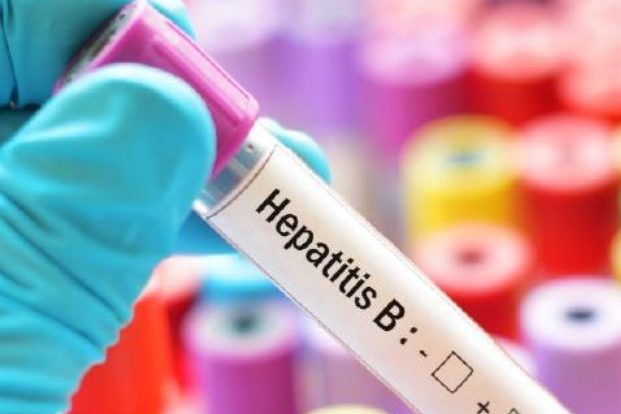Symptoms of Hepatitis B
Apr 19, 2022
Hepatitis B signifies infected liver. It can result in scarring of liver, liver failure & cancer. It could be lethal if left untreated. Hepatitis B virus causes hepatitis B.

It spreads across when individuals come in contact with body fluids, blood or open sores of an individual infected with hepatitis B. It is serious however, if one gets the disease when they are adult, it should not last for long. The body fights it back within few months & you become immune for the remaining life. It means that you won’t get it again. However, if one gets it at birth, it is unlikely to go.
The count of individuals getting the disorder is low. The rates have fallen from an average of 2 lakh annually in 1980 to about 20,000 in the year 2016.
Symptoms of Hepatitis B
When someone is 1st infected, the signs include:
• Jaundice- The skin or the eyes turn yellow & the pee goes orange or brown
• Fever
• Light colored poop
• Fatigue persisting for weeks to months
• Belly pain
• Problems in the stomach such as nausea, loss of appetite & vomits
The symptoms may not be visible until 1 to 6 months post catching the virus. One may not feel anything. Approximately one third of the individuals with this disorder don’t experience them. They only identify it after a blood test.
How does one get hepatitis B?
The most common ways through which one gets hepatitis B are:
• Sex- One can get it if they have had unprotected sex with somebody having the disease and their partner’s blood, semen, saliva or a vaginal secretion entered their body.
• Sharing needles- The virus quite easily spreads through syringes or needles containing the infected blood.
• Accidental needle sticks- Health care staffs or other people who come in contact with the human blood may get it.
• Mother to baby- Pregnant ladies having hepatitis B may pass it onto their children during child birth. However, there is a vaccine to safeguard newborns from getting infected.









